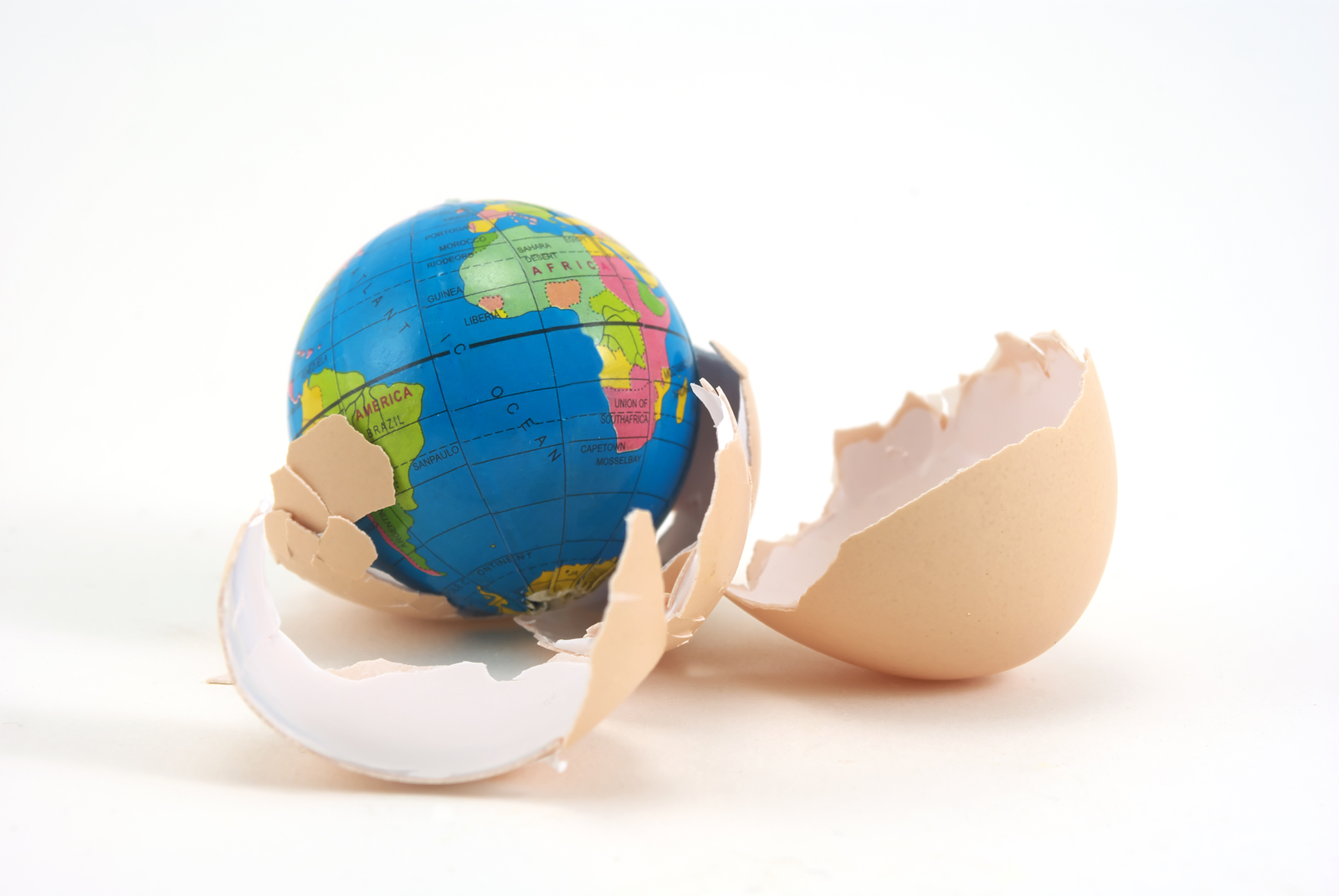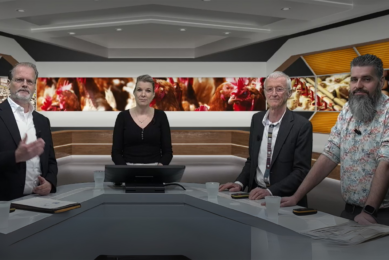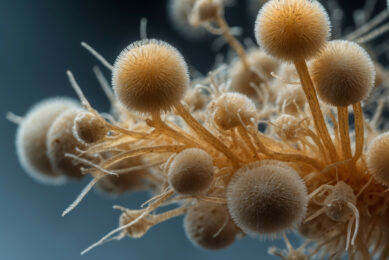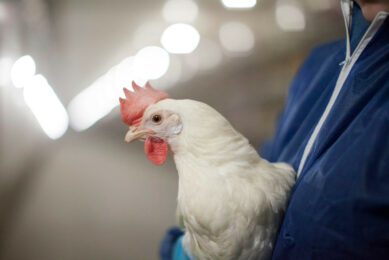‘Feeding the planet’ discussion at VIV Europe

How to provide food in an ethical, sustainable and responsible way to a world population that is expected to grow to nine billion by 2050? During the ‘Romijn Lecture conference’ at VIV Europe, this important question will be discussed.
It is being organised by the Dutch branch of the World’s Poultry Science Association (WPSA) to take place at the VIV Europe venue on the afternoon of Tuesday 20th May, so coinciding with the show’s first day. The conference is named the Romijn Lecture is honour of a famous Dutch poultry researcher of the 20th Century.
“We decided that our theme should be how to feed the world without eating the planet,” says poultry health specialist Dr. Goossen van den Bosch, who is on the board of the Dutch WPSA and leads the organization of the conference. “The whole idea behind establishing Romijn Lectures to be held every two years was that it should be a forum for policy-makers to meet with poultry people and discuss the interactions between intensive farming and society. Producing poultry intensively is often perceived as having negative effects, which we need to recognize and address.”
Food chain in action
Dutch artist Henk Wildschut used to share many of the negative public perceptions of poultry production, says Dr van den Bosch. But then he received a one-year commission from the Rijksmuseum in Amsterdam to create a display of images of the food chain in action. His visits to farms, hatcheries and processing plants during that year changed his view completely, as he will describe when he is the opening speaker at the Romijn Lecture on 20th May.
Better life for animals
Public opinion about what is acceptable in terms of animal welfare has itself changed over the years, the conference’s second speaker will note. He is renowned poultry scientist Professor Eddy Decuypere, formerly of Belgium’s Catholic University of Leuven and co-ordinator of its Centre for Science, Technology and Ethics. This process of change will continue because animal welfare has no end point, Dr Decuypere will explain – practices considered good enough today will not be accepted in the years ahead. As people feel their own lifestyles improving they want to see a better life also for their animals. It brings a constant need for the poultry sector to keep re-examining its production methods.
Environmental impact
Other negative attitudes about intensive poultry production invariably extend to its environmental impact, of course. Ir Henk Westhoek of Netherlands environmental assessment agency PBL will reflect upon the environmental impacts of poultry farming as well on opportunities to reduce these impacts. Dr Decuypere then returns to discuss ideas for how to intensify animal production in a responsible way. This will take place before the conference is opened to questions from the attendees in a discussion session which will be led by Simon Rozendaal, science editor of the Dutch weekly journal Elsevier.
Research pioneer
The Romijn Lecture commemorates Dr Christiaan Romijn, who was famed internationally as professor of veterinary physiology at the University of Utrecht and a pioneer of research into hatching systems. He presided over the first-ever European Congress of the World’s Poultry Science Association (WPSA) and was elected to the association’s International Poultry Hall of Fame for his contribution to the development of the poultry industry around the world.
The 2014 Romijn Lecture features four English-language presentations in a session on the VIV showground on Tuesday 20th May that begins at 13:45 and runs until 17:00. VIV Europe participants can register to attend free of charge and the proceedings will also be available to follow through online streaming.











